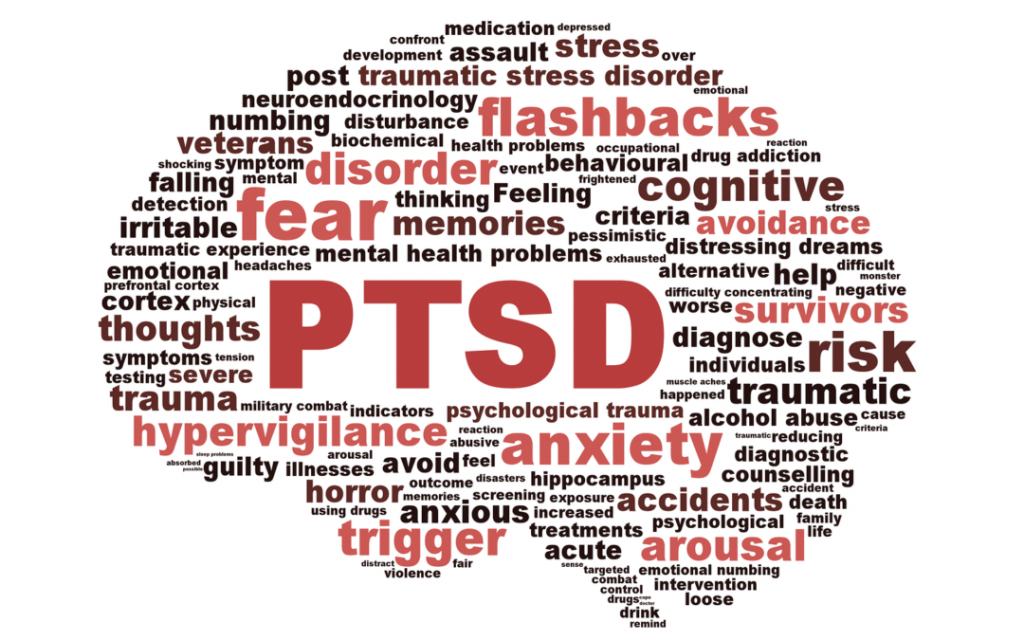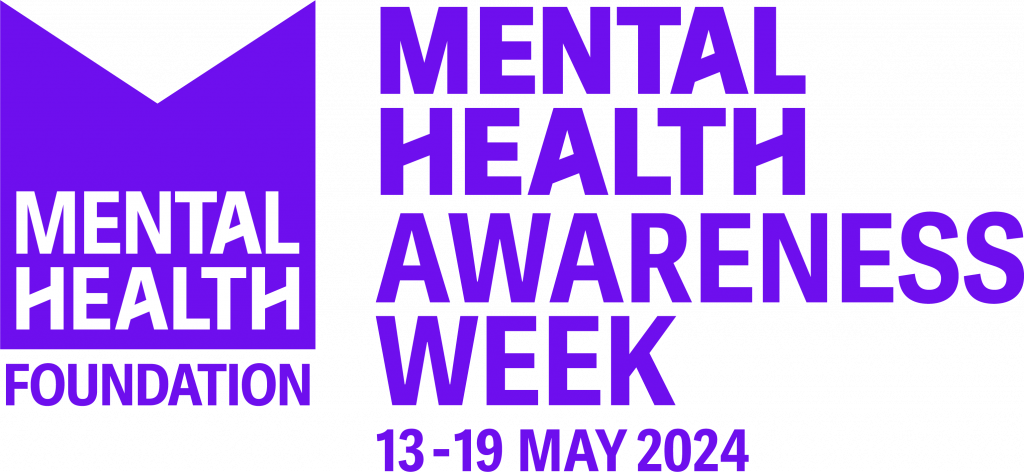Prioritising Mental Health
This week is Mental Health Awareness Week, it’s crucial to recognise that good mental health is a fundamental for our overall wellness. Modern life can be stressful, the ever-increasing cost of living crisis, balancing your postgraduate studies with work, life and family. It’s important we take time out for ourselves. Despite growing awareness, the stigma surrounding mental health persists. Many still hesitate to seek help due to fear of judgment or societal misconceptions. This stigma can prevent us all from reaching out for support, exacerbating struggles and hindering recovery.
Like many, I have struggles with my mental health, I cared for my dad towards the end of his life and struggled juggling work and looking after him, as dementia slowly took everything about him away and having to deal with everything after he passed away. Problems getting a good night sleep due to flashbacks and anxiety. Struggling to balance work and a postgraduate course, worrying about bills, rent, travel costs. Life is never easy. I take medication to help me get out of bed and face the day, I was lucky in that I have help with my mental health, through speaking with a counsellor. However, that doesn’t mean I don’t have ups and downs.

Mental Health Awareness Week reminds us that mental health matters and that no one should suffer in silence. By fostering understanding and empathy, we can create a supportive environment where we feel empowered to seek help without fear of stigma or discrimination. It’s important we break down barriers around mental health care. This includes improving access to services, addressing disparities in care, and promoting open conversations about mental health. By normalising mental health discussions, we can encourage early intervention and prevent crises. Also, there is a need for society to realise that poor mental health can be just as bad physical health, and as a society we need to be looking after those who are struggling.

Self-care is not selfish; it’s necessary to maintain mental well-being. Prioritising self-care activities, whether mindfulness, exercise, or simply indulging in hobbies, can significantly impact mental health. Remember, self-care looks different for everyone, so find what works best for you. It’s important we do what we can to Support loved ones struggling with mental health challenges. Listen without judgment, offer encouragement, and helping them access professional support can make a difference. Letting someone know they’re not alone can be a helpful first step.
Together, we can foster a culture of compassion, understanding, and resilience. Asking for help along the way is okay. Whether you’re struggling or supporting someone who is, remember that support is available, and recovery is possible. Let’s continue to raise our voices, break the silence, and champion mental health awareness not just this week but every day.
In the library we have a display of books to promote self care, mental wellbeing, and books which look at a variety of mental health problems. If you wish to find more items around mental health in the library, these Barnard Classification shelfmarks will help you find items within the main collection:
(a few) Barnard Classifications
UJ.S: Mental Health
SQS: Mental wellbeing in the workplace
UXN: Mental wellbeing of children
UJ.X: Mental Health Nursing
SKG: Mental Wellbeing
UJM: Depression






